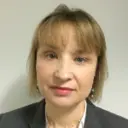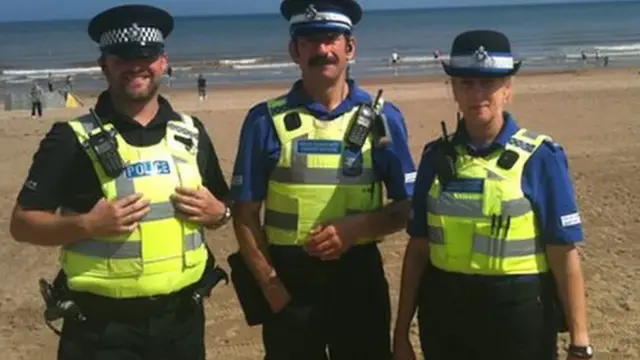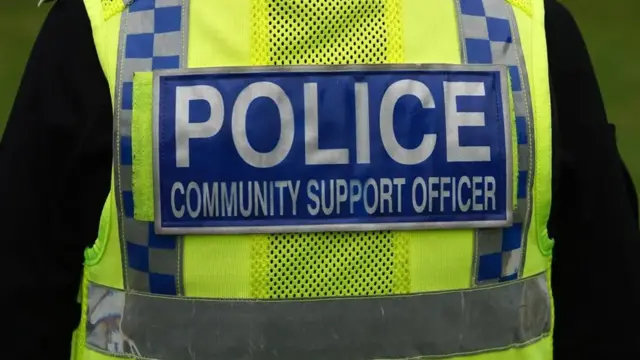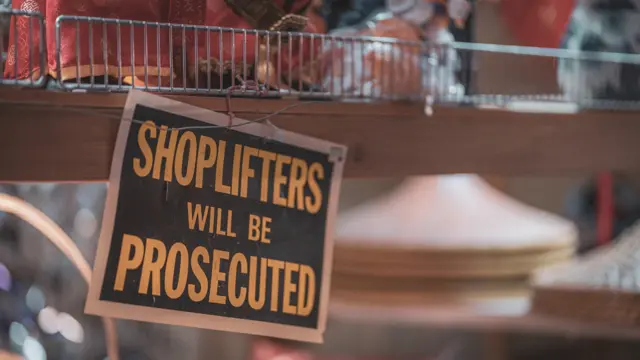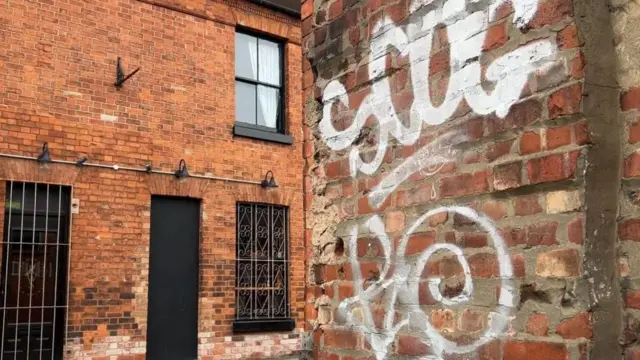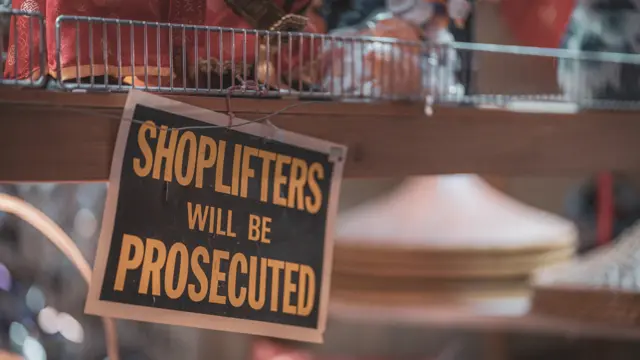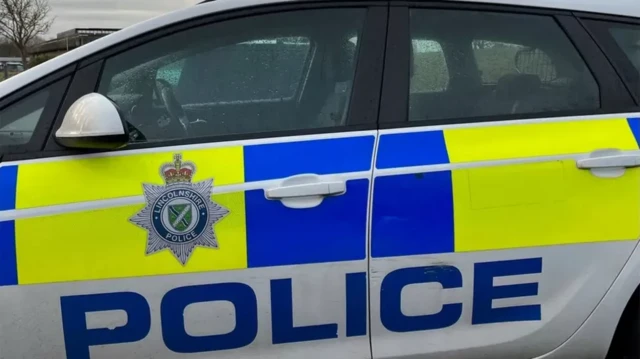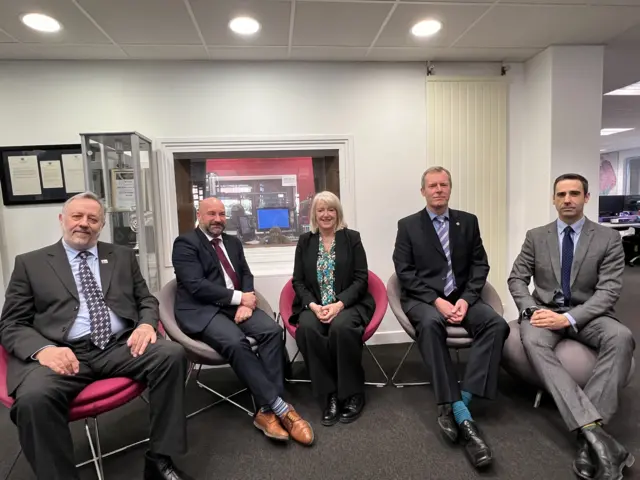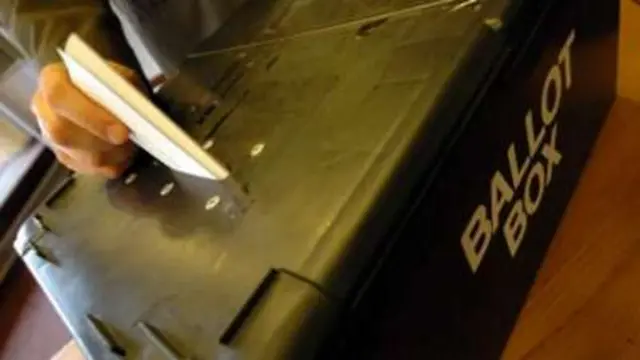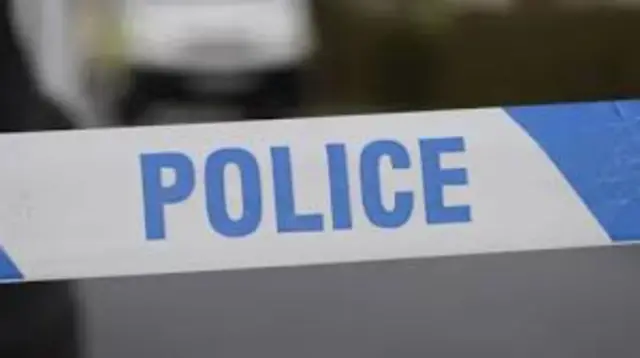That concludes our live coverage of the debatepublished at 12:54 BST 30 April 2024
All five candidates vying for the role of Lincolnshire's PCC have had their say.
It'll now be down to the county's voters to make their voices heard on Thursday 2 May.
Click here to listen to the whole debate between the candidates again.
Want to find out who the candidates are? Click here.
Thanks for spending time with us today.
Reporting team: Sarah-May Buccieri, Harry Parkhill, Sharon Edwards, David McKenna, Kevin Shoesmith and David Jerman.
